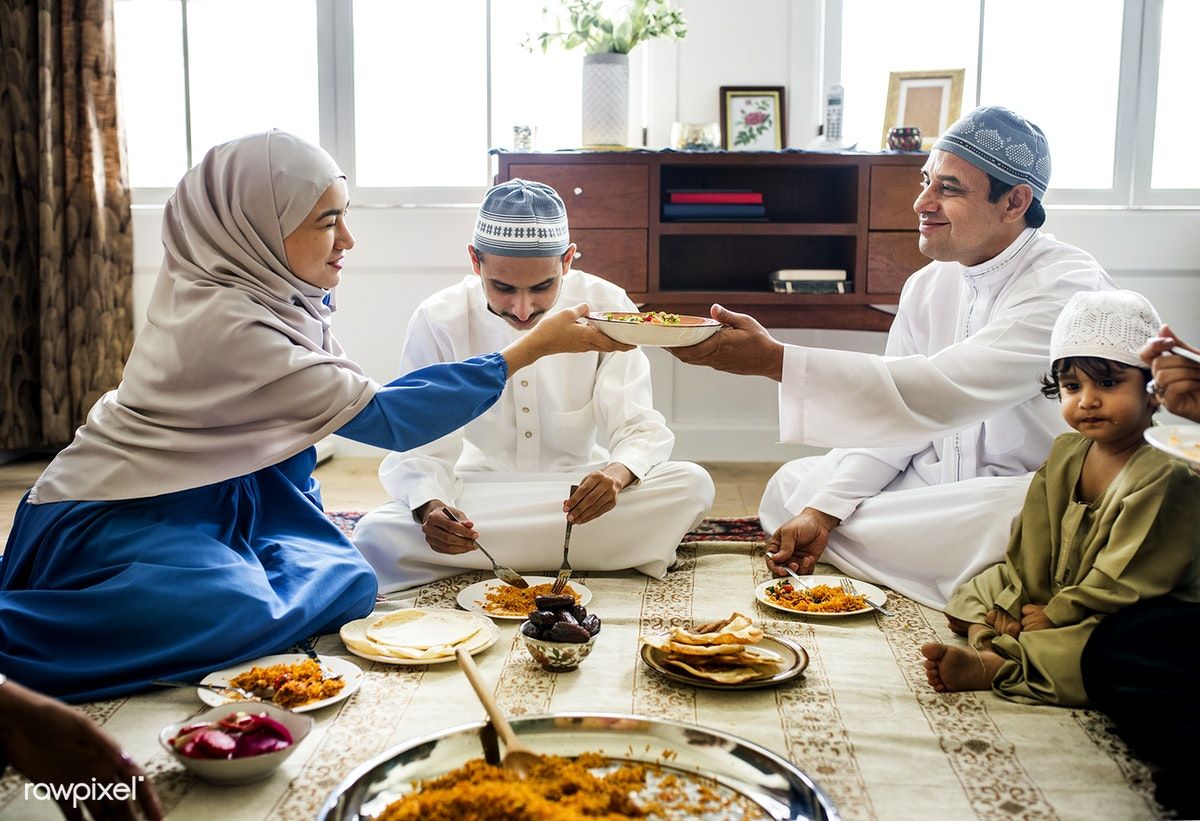Embark on a transformative journey with Muslim life coaching, where guidance meets empowerment. In today’s fast-paced world, navigating life’s challenges can feel overwhelming. Muslim life coaching offers a unique approach grounded in Islamic principles, fostering personal growth, resilience, and fulfillment. With a focus on faith-based strategies and practical insights, Muslim life coaching empowers individuals to unlock their full potential and live authentically.
Whether you’re seeking clarity in your career, relationships, or personal development, Muslim life coaching provides tailored support to help you thrive. Through a holistic approach encompassing spirituality, mindset, and action, coaching sessions offer a safe space to explore your goals, values, and aspirations. By aligning your intentions with Islamic teachings, you can overcome obstacles, cultivate resilience, and create meaningful change in your life.
Muslim life coaching emphasizes self-awareness, self-care, and self-improvement, equipping you with the tools and mindset to navigate life’s ups and downs with confidence and grace. From setting achievable goals to overcoming limiting beliefs, coaching sessions empower you to step into your authentic self and live in alignment with your values and purpose.
As we delve into the transformative power of Muslim life coaching, let’s explore the key principles and practices that underpin this empowering approach. Through engaging discussions, practical exercises, and real-world examples, we’ll uncover how Muslim life coaching can elevate your personal and professional journey. Join us on this enlightening exploration of faith, growth, and empowerment.
1. Ramadan’s Essence
Ramadan, central to Muslim life coaching, embodies spiritual renewal and self-discipline. During this sacred month, Muslims fast from dawn to dusk, refraining from food, drink, and worldly distractions. The essence of Ramadan lies in fostering empathy, gratitude, and devotion to Allah. Through fasting, Muslims reflect on their blessings and strive to become better individuals. Ramadan’s essence extends beyond abstaining from physical needs; it’s about nourishing the soul and deepening one’s connection with the divine. This month serves as a reminder of the importance of compassion, kindness, and generosity towards others. Ultimately, Ramadan’s essence lies in spiritual growth and seeking closeness to Allah.
2. Fasting and Faith
Fasting during Ramadan is a cornerstone of Muslim life coaching, strengthening faith and resilience. It involves abstaining from food, drink, and other physical desires from sunrise to sunset. Fasting fosters self-discipline, patience, and gratitude for blessings. It deepens one’s awareness of Allah’s presence and teachings. Throughout the fasting period, Muslims engage in prayer, recitation of the Quran, and acts of charity. These practices reinforce the connection between fasting and faith, nurturing a sense of spiritual fulfillment. Fasting serves as a reminder of the importance of piety and devotion in daily life. It instills a sense of humility and reliance on Allah’s guidance.
3. Spiritual Reflection
Ramadan encourages profound spiritual reflection among Muslims, enriching their inner lives. It provides a dedicated time for introspection, repentance, and self-improvement. Muslims use this opportunity to assess their actions, intentions, and relationships. Through prayer and contemplation, they seek forgiveness and guidance from Allah. Spiritual reflection during Ramadan involves pondering life’s purpose and aligning one’s behavior with Islamic teachings. It inspires a sense of accountability and responsibility towards oneself and others. Ramadan’s emphasis on self-awareness and moral development fosters a deeper connection to faith and community.
4. Practices and Rituals
Ramadan’s practices and rituals play a vital role in shaping Muslim life coaching, fostering discipline and devotion. These rituals include fasting from dawn to dusk, engaging in extra prayers, and giving to charity. Fasting encourages self-discipline and empathy for the less fortunate. Additional prayers, such as Taraweeh, offer opportunities for spiritual growth and reflection. Charity during Ramadan reflects the importance of generosity and compassion in Islam. These practices instill a sense of unity and shared purpose within the Muslim community. Ramadan’s rituals serve as reminders of the values of faith, humility, and service.
5. Community and Connection
Ramadan strengthens the bonds of community and connection among Muslims worldwide. It is a time of solidarity, empathy, and mutual support. Muslims come together to break their fasts, pray, and share meals with family, friends, and neighbors. This sense of community fosters a spirit of compassion, generosity, and unity. Through collective worship and acts of kindness, Muslims reaffirm their commitment to serving others and upholding Islamic values. Ramadan’s emphasis on community encourages collaboration, empathy, and understanding across diverse backgrounds. It reinforces the importance of building strong relationships and supporting one another in times of need.
Conclusion
In conclusion, Ramadan holds immense significance in Muslim life coaching, shaping individuals’ spiritual, social, and moral development. Through fasting, prayer, and acts of charity, Muslims deepen their connection to Allah and strengthen their bonds with their communities. Ramadan serves as a time of self-reflection, renewal, and growth, inspiring individuals to strive for personal excellence and contribute positively to society. As Muslims observe Ramadan, they are reminded of the importance of faith, compassion, and unity in building a more harmonious and compassionate world.

